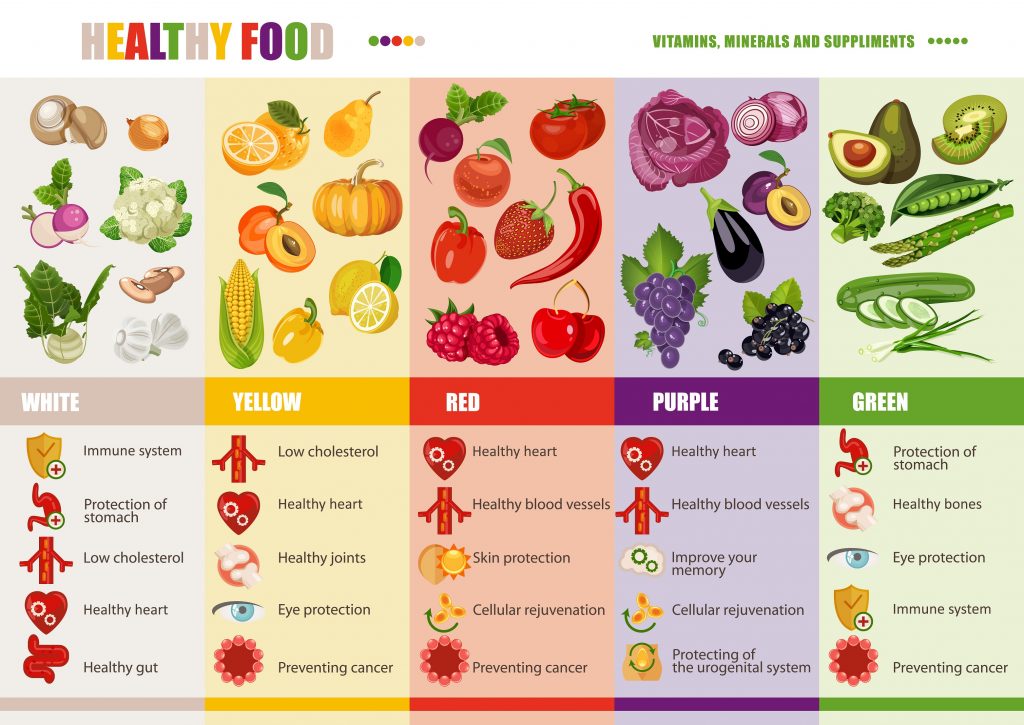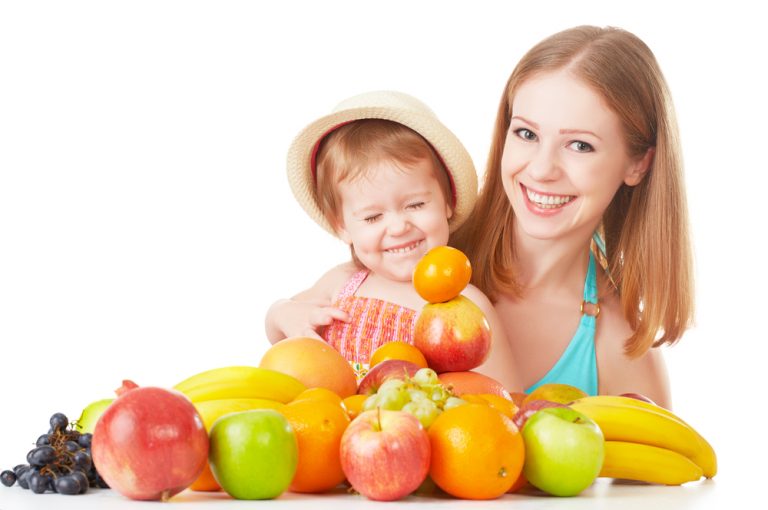Choice of a vegetarian diet for pregnant women and nursing mothers is the most controversial. But is vegetarianism really harmful to a pregnant woman and her baby? There are many myths about this. How is it in reality? It is not surprising that the vegetarianism of pregnant women, children and adolescents arouses so many emotions. During these periods, the body needs the most nutrients. Some gynaecologists try to persuade vegetarians to change their diet, and paediatricians are often outraged by mothers who do not give their children meat. Their fears are usually unfounded. Because a well-balanced vegetarian diet has a positive effect on health and condition, regardless of age.
Vegetarianism and pregnancy
There are many opinions that vegetarians more often have problems with getting pregnant. Any poor diet can affect fertility. But scientific research does not support a link between fertility or miscarriage rates and not eating meat.
A well-composed – best under the supervision of a doctor and dietitian - the vegetarian diet provides the body with the same amount of nutrients as a traditional, meat diet. Therefore, the same problems with getting pregnant and its proper course may be faced by a poorly eating vegetarian as well as a woman who eats meat not caring about the diet.
If the doctor suspects that the cause of infertility is poor diet, regardless of whether you are a vegetarian or not, a specialist body weight percentage test must be done. If necessary, the dietitian will correct the current diet. When you start trying for a baby, you should continue to take folic acid, which protects the fetus from neural tube defects, until 16 weeks of pregnancy.
Every woman should take it 3 months before becoming pregnant, but it is better to start it faster than it to not expose the baby to the risk of serious developmental disorders. Green vegetables, beans, whole grains, and orange juice are good sources of folate, but it is unstable, so most women are deficient in it.
Nursing mother’s needs
If you are breastfeeding your little one, your energy requirement increases to around 2,800 kcal per day. You should eat every day
- at least 5 servings of cereal products
- 4 servings of vegetables and 3 servings of fruit
- 3 glasses of milk; a portion of beans, peas, soybeans
- fish or poultry
- vegetable oils or soft margarine
When you provide your body with fewer nutrients, the quality of your food will not be affected (the body will draw from its reserves), but its quantity will decrease. The baby will get less milk and therefore less energy, so it will gain weight more slowly.
A wise diet for a pregnant woman
Vegetarians, like all pregnant women, should remember that what they eat is for the benefit of them and the baby. But that doesn’t mean they should eat for two, it just means that they should eat wisely. In the first trimester, the expectant mother needs the same amount of calories a day as usual - about 2000. Then 300 calories more is enough.

Don’t worry about gaining weight slowly. Doctors emphasize that overweight brings more dangers for mothers and babies than underweight!
It is rare for a slim woman who eats well to fail to provide her baby with the nutrients she needs. Vegetarians, although they gain little weight in pregnancy, give birth to healthy babies. Like all mothers-to-be, you now need more calcium, iron, and some vitamins.
But well-planned vegetarian meals will cover this need. Milk, eggs, cereals and legumes provide protein and calcium. Drink plenty of water (up to 5 litres). You will improve absorption and avoid the bloating that sometimes occurs when eating legumes. By consuming coarse-ground products and lots of vegetables, iron should be no problem either.
However, if it is not enough, you will have to take the appropriate preparations until the morphology results improve. If you are not eating dairy products, your doctor may give you additional calcium and vitamin D. At all cost follow your doctor’s instructions. Do not take any vitamin supplements on your own!






